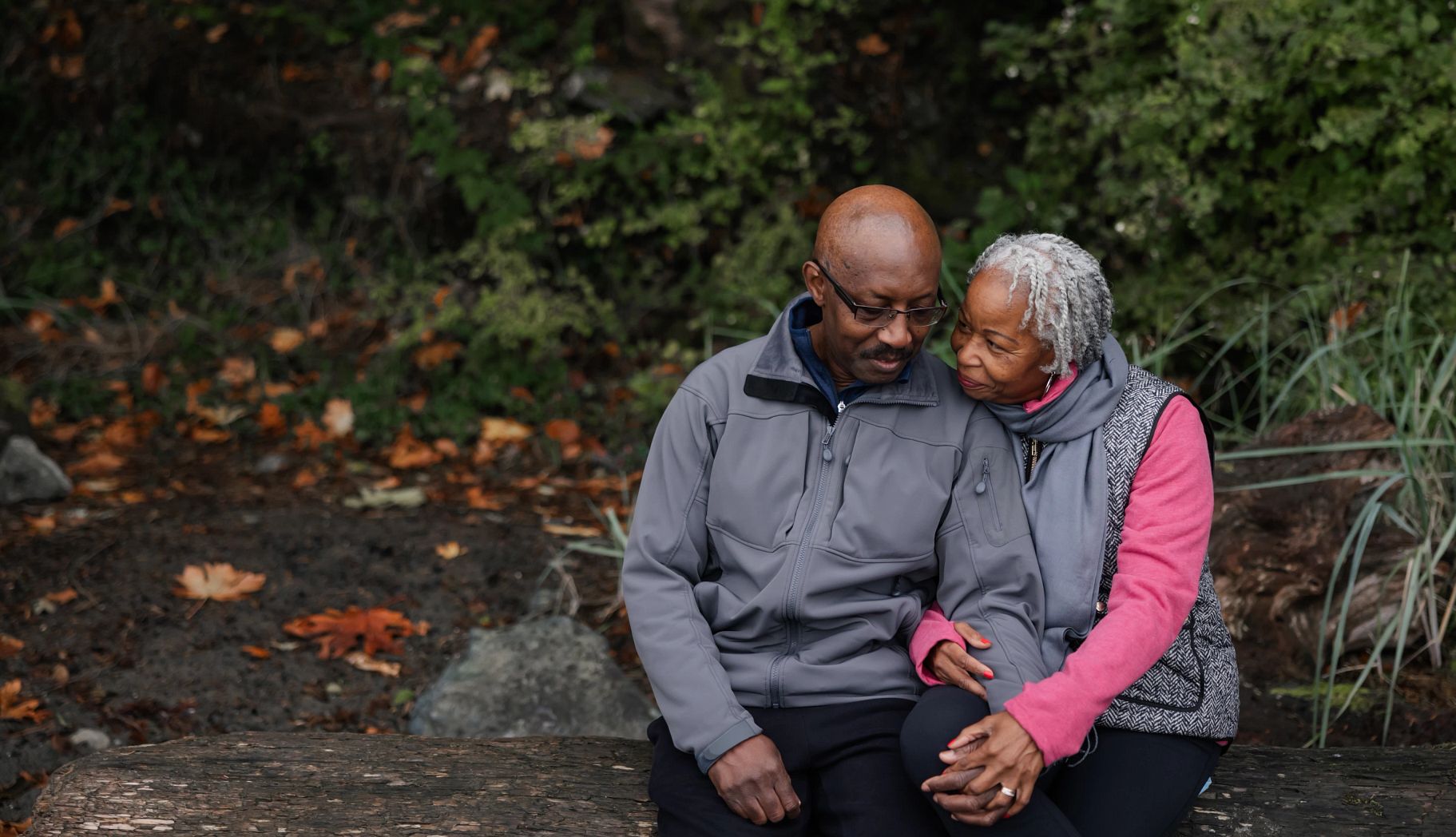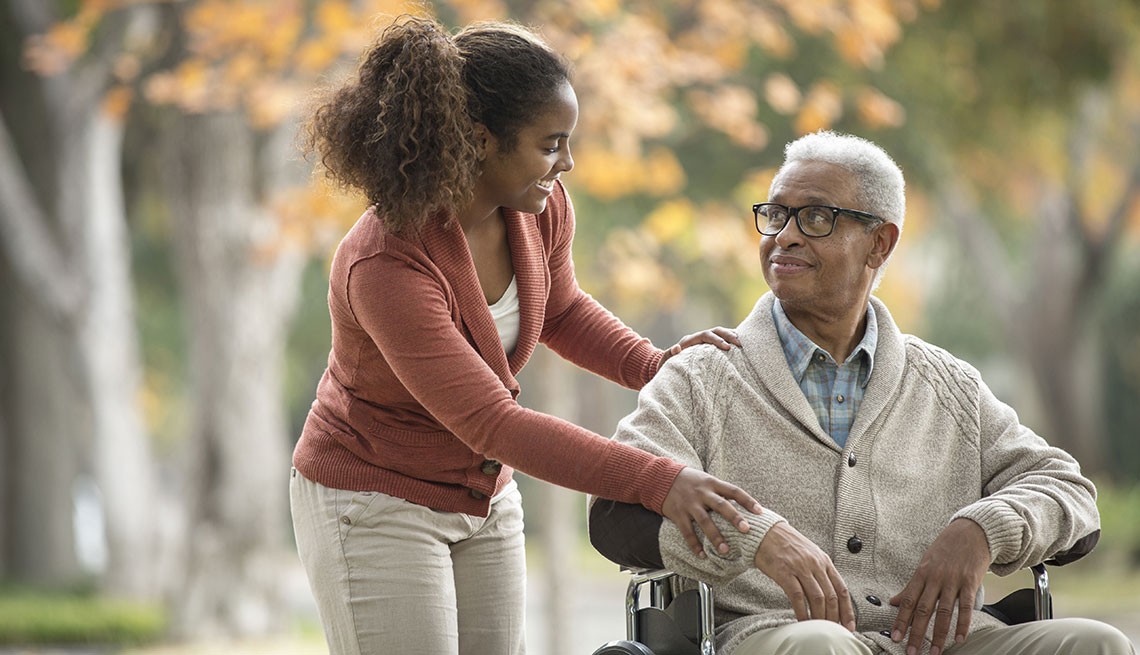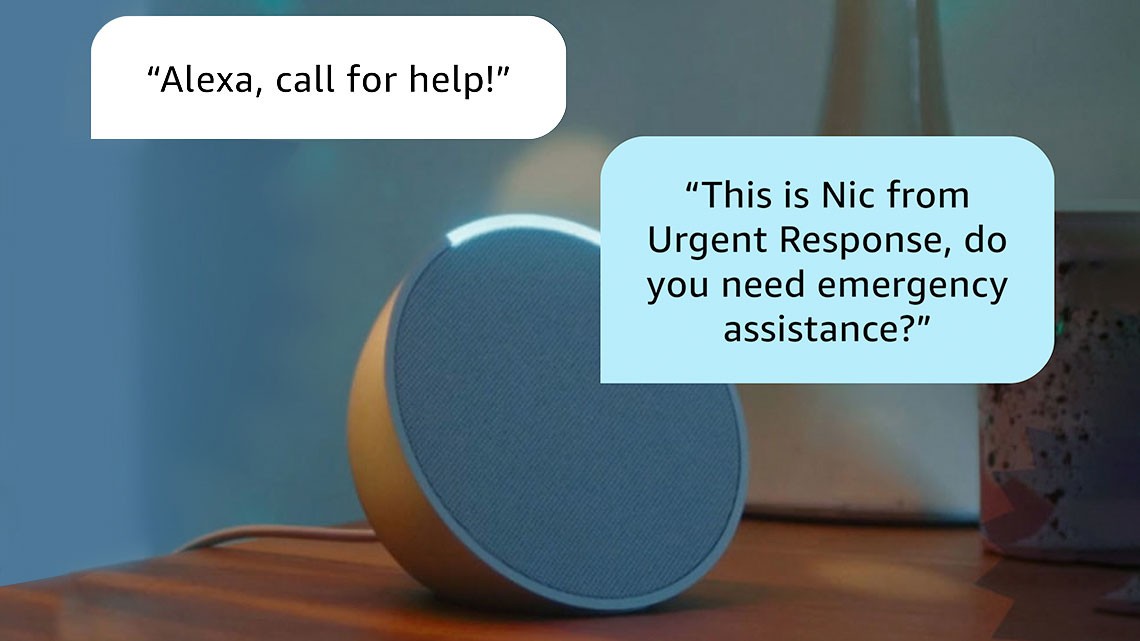Staying Fit


In this story
Why talk • Prepare • Conversation prompt • Issues to discuss • Logistics • After the talk • Next steps • More resources
Dying is a universal experience. Nearly everyone has a story about a good death or a hard death among those they love. The difference between these experiences may rest on whether we have shared our wishes for how we want to spend our final days.
How we want to die is the most important conversation Americans aren't having. While 85 percent of adults over 45 say they are comfortable discussing death and dying, 7 in 10 say the topic is generally avoided, according to AARP’s 2024 End of Life Survey: Thoughts and Attitudes on Death and Dying.


AARP Membership— $12 for your first year when you sign up for Automatic Renewal
Get instant access to members-only products and hundreds of discounts, a free second membership, and a subscription to AARP the Magazine.
Planning your final days is never easy, but it's an invaluable gift to your loved ones. Studies show that when there is a meaningful conversation about end-of-life choices, survivors report feeling less guilt and less depression and having an easier process of grieving. These discussions can be among the richest and most intimate that friends and family share.
Preparing for the conversation
Thinking through these issues before a medical crisis — in the kitchen rather than the intensive care unit — will help you and your loved ones make decisions based on what you value most, without stress and fear.
1. What do I need to think about or do before I have this conversation?
2. What concerns do I want to talk about? Are there any topics important to you to settle? (Examples might be getting finances in order, or making sure a particular family member is taken care of.)
Consider having a practice conversation with a trusted friend, or write a letter to a loved one (or even to yourself).
And remember that the conversation might reveal disagreements. That's OK. You'll want to discuss those issues now, not during a medical crisis.
How to start the conversation
Conversation prompt: Finish this sentence, or ask your aging loved one to do it. “What matters to me at the end of life is …”
An example might be “that I am comfortable and at home,” or “that no one has to disrupt their whole life to care for me,” or “that my kids all work together in making decisions.” It might be, “if doctors recommend palliative care, no one pushes for more treatment.”
Sharing a “what matters to me” statement with your family can help them communicate to your doctors what abilities are most important to you and what treatments are, and aren't, worth pursuing.
It can also give your loved ones reassurance that you understand their wishes.




































































More From AARP
How Caregiving Can Alter Dreams and Goals
Post-caregiving life may be different than you imagined — in a good way
How to Cope With Fear During Caregiving
Learn techniques to help pause spiraling thoughts and regain a sense of control
Create a Respite Care Plan to Give Caregivers a Break
Learn what services and programs are available to help